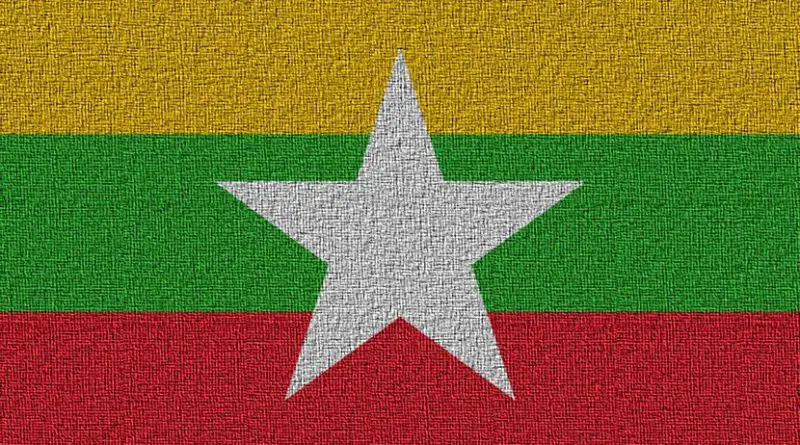Burma To Free More Political Prisoners This Week
By RFA
Burma is set to release a second group of political prisoners this week as part of a new amnesty by the Southeast Asian nation’s nominally civilian government striving to boost its legitimacy on the international stage.
A government official said that the release could come as early as Monday.
The move comes a month after an amnesty freed over 6,300 prisoners, including more than 200 political detainees, although key dissidents remain locked up, drawing criticism from international observers and opposition parties.
Signaling the imminent amnesty, Burma’s National Human Rights Commission chairman Win Mra published an open letter in three state-run newspapers on Sunday urging the government to grant prisoners amnesty “as a reflection of magnanimity.”
October’s amnesty was accompanied by a similar call by the government-appointed commission in state-run newspapers.
“Some prisoners will be released on Monday,” a Burmese official, speaking on condition of anonymity, told Agence France-Presse. Another official told Reuters that details about the new amnesty would emerge within “a day or two.”
A comprehensive release of political prisoners could be a significant step toward reform for President Thein Sein’s nominally civilian government, which took power in March and has since embarked on a series of policy changes, including calling for peace with ethnic minority groups and easing media controls.
Phyo Min Thein, a former political prisoner held for his membership in the pro-democracy 88 Generation Students group, said, “Releasing the political prisoners is an essential step for the national reconciliation process.”
“The government shouldn’t use political prisoners as a tool to gain its legitimacy and international recognition. The government should rethink to release them in order for national reconciliation,” he added.
Though estimates vary, the main opposition National League for Democracy (NLD), led by Nobel Peace Prize winner Aung San Suu Kyi, says some 500 political prisoners remain locked up, around 200 of them NLD members.
The national human rights commission’s appeal called for about 500 political prisoners to be released, and for those who could not be freed to be transferred to locations closer to their families.
“The government figure of prisoners of conscience is only 500 because the data is mainly focused on the cases at prison courts [at the main Insein prison] in Rangoon, [at Obo prison] in Mandalay, and some districts,” said Min Lwin Oo, a lawyer from the Hong Kong-based Asian Human Rights Commission, an independent NGO.
“The rest of political prisoners are not included in the government list because they are not well-known activists,” he said.
In October’s amnesty, the government released about 230 political prisoners, according to the U.S. Campaign for Burma.
A comprehensive release of political prisoners could also boost the country’s image and legitimacy on the national stage, especially ahead of a summit this week of the the Association of Southeast Asian Nations (ASEAN), which Burma hopes to chair in 2014.
Experts say the release of political prisoners could help its bid for the ASEAN chairmanship and satisfy demands from the U.S., the E.U., which have imposed substantial political and economic sanctions on Burma.
On Friday, U.S. Secretary of State Hillary Clinton repeated a call to the Burmese government for the unconditional release of all political prisoners, speaking at a conference before a trip to Asia.
She also said that if Burma pursued “genuine and lasting reform,” it will “find a partner in the United States.”
One mother of a political prisoner, Su Su Kyi, said she hoped her son will be released soon. “I would welcome it if the government released all political prisoners. If all the political prisoners aren’t released, I have to assume that we don’t have a true democracy yet.”
Reported by RFA’s Burmese Service. Translated by Kyaw Kyaw Aung. Written in English by Rachel Vandenbrink.

